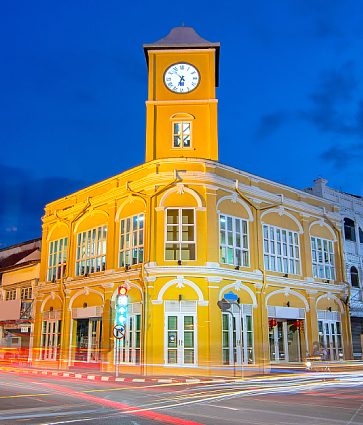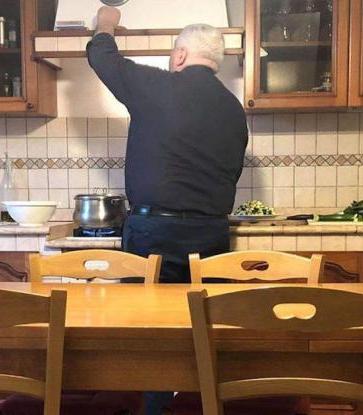The COVID-19 viral outbreak may be an unprecedented crisis that has ravaged through most parts of the world —and the global food and beverage industry in particular — but Dutch chef Richard Ekkebus is not letting that get him down.
Instead, the Dutch chef sees these trying times as a valuable opportunity for self-reflection.
The chef of two-MICHELIN-star Amber in Hong Kong took to social media to issue a "challenge" to his industry peers to use the downturn to think about the relationship between human beings and the impact on our lifestyles on the earth, and to plan ahead for new ways of living after the pandemic is over.
Last week, Ekkebus posted a 4-minute video clip on his Instagram account to offer his take: “We have for many years ignored the warning signs of global warming. With COVID-19, as well as H1N1 and MERS, all these problems were generated by the overpopulation of our beautiful planet, and also the overconsumption of us as humans living on this planet."
"This is the right moment for us to self-reflect on what we can do to make a difference and our contribution to a more sustainable way forward when we get out of this terrible situation,” Ekkebus said in the video.
Ekkebus challenged all restaurant owners and chefs to move their vegetarian and on-request-only vegan options from the back of their menu to the forefront of their operations. Not only they will contribute to a healthier clientele, but also a healthier planet, he said.
“We all know that with the rate that we are consuming animal protein, we are in the race that we as the human race cannot win. Significant changes has to be made on how we farm and how we consume our food. And I am reaching out to you to start thinking about a much more plant-based direction of your menu,” Ekkebus added.
The chef emphasised that this does not mean everyone should run a vegan or vegetarian restaurant.
“Particularly I think that the vegetable kingdom is much more diverse and exciting than the animal kingdom that we are eating. Also, if you want to complement your vegetable dishes with meat or fish, that is absolutely okay. We just need to shift the traditional percentages that we have been following since we started to work in this beautiful industry. So I am asking all of you to look into ways of making vegetables, fruits, herbs, and flowers as exciting as a beautiful piece of grass-fed beef, and to focus on a much more plant-based dominated menu in the future,” he said.
As an industry with a lot of recognition and visibility, Ekkebus believes that if the restaurant community manages to come together and prioritise plant-based menus, it will be able to change the consumption pattern of customers.
“If we can make that change…we are making an incredible leap forward to a much more sustainable planet.”
Ekkebus' video post received much attention from chefs from Hong Kong to Denmark and beyond, including Spanish chef Chele Gonzales from Gallery by Chele in the Philippines, who praised Ekkebus for his "nice words" and agreed that "many things" need to change for a sustainable future. Ekkebus also tagged and nominated compatriot chef Sidney Schutte of the two-MICHELIN-star Spectrum in Amsterdam to weigh in on the global mission of promoting plant-based cuisine.
Ekkebus is known to be a frequent and outspoken proponent of sustainability who has implemented several changes at Amber over years to put his words into practice. The restaurant was one of the first few establishments in Hong Kong to ban the use of plastic straws five years ago. After its's reopening in mid-2019 after a refurbishment, the restaurant stopped the use of all dairy and gluten products in its kitchen and minimises its use of refined sugar and reduced salt.
Amber also dispensed with its table linen to reduce the need for industrial cleaning, while its kitchenware and interior decor accents are made of natural and recycled materials where possible and sourced with the goal of minimising carbon footprint. Up to 50 per cent of the restaurant's menu today is plant-based while seafood are sourced from suppliers who use ethical and sustainable fishing practices.


















